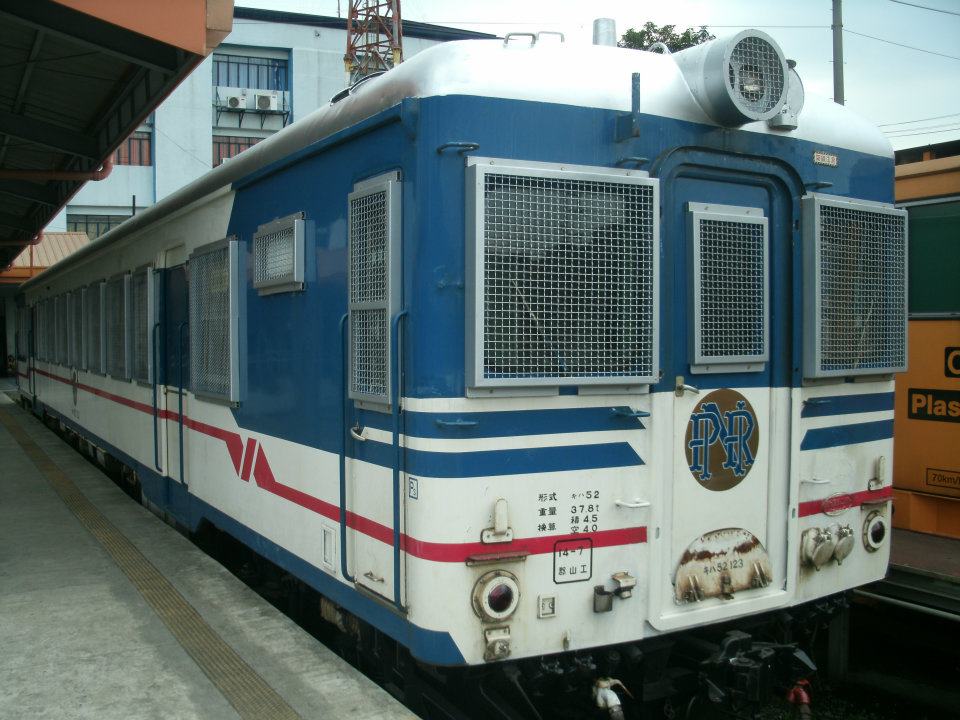
MANILA — Amid efforts of the government to improve the mass transport system, the Senate approved on Monday a bill extending the corporate life of the Philippine National Railways (PNR) for another 50 years.
Voting 22-0 with no abstentions, the Senate passed on third and final reading Senate Bill 1831 amending Republic Act 4156, a law that created and prescribed power, functions and duties to the PNR up to June 20, 2014.
Sen. Cynthia Villar, sponsor of the bill, emphasized the need to provide the public with an affordable transport system.
”The continuance of the commuter rail service in Metro Manila and of the anticipated rail service revival to Bicol will ensure a cheaper alternative means of transportation to passengers who come from the lowest earning C and D economic bracket of our country’s population,” Villar, chairperson of the Committee on Government Corporations and Public Enterprises, said.
Senate President Pro Tempore Ralph Recto, principal author and co-sponsor of the bill, said the proposed legislation sought to ensure the continuing operation of the PNR and hasten the rehabilitation and modernization of the railway lines and stations.
Recto said the rail system could provide an alternative mode of transportation to decongest traffic in heavily populated areas, particularly in Metro Manila.
“The problem is that our roads are past their carrying capacity. It has gone from bad to worse that one study pegged the economic and health losses to Metro Manila traffic at P137 billion,” Recto said.
Recto said the traffic was not a concern for Metro Manila alone, as Luzon’s major highways were also experiencing slow average travel time.
“The train service has shrunk to a 43-kilometer commuter line from Divisoria to Santa Rosa. At its peak, the Philippine railway system stretched 1,140 kilometers. It is time to maximize the underutilized asset that is the PNR,” Recto said.
Senate President Franklin M. Drilon welcomed the measure’s passage, saying that the approval shows that the government acknowledges that rail transit systems still play an “undeniably crucial role in the everyday lives of our citizens.”
“Any stoppage of the rail service will be of huge inconvenience for our commuting public, especially for our countrymen who hail from provinces and have to travel to Metro Manila on a daily basis. It is important then for the government to ensure that the PNR continues to be a convenient, dependable and time-saving transit system for our people,” he said.
Villar noted that as an archipelagic country, the Philippines required an efficient and safe transport networks to transport both passengers and freight.
“It cannot be overemphasized that railways directly contribute to economic growth as demand for transport is directly and positively correlated to growth of gross domestic product (GDP). The railways are superior to other modes of mass transportation in terms of minimal impact on the environment and efficiency of land use,” Villar said.
Villar also said PNR provided significant employment to Filipinos with its current 2,000 employees.
The government-PNR is the sole operator of intra-island railway in Luzon which operates two commuter rail services in Metro Manila and Bicol Region.
It officially began operations in 1892 as Ferrocarril de Manila-Dagupan, and later became the Manila Railroad Company during the American colonial period.
It became the PNR on June 20, 1964 by virtue of R.A. 4156 and has been an economical mode of transporting people, and goods for nearly 50 years.
The PNR is part of the Philippine railway network that also consists a rapid transit system operated by the Light Rail Transit Authority and Metro Rail Transit Corporation.